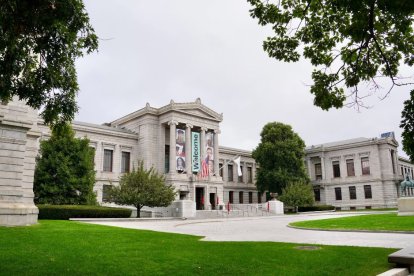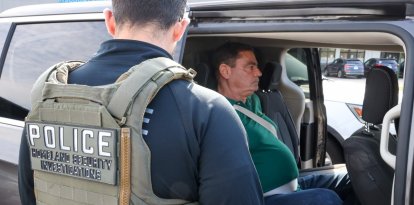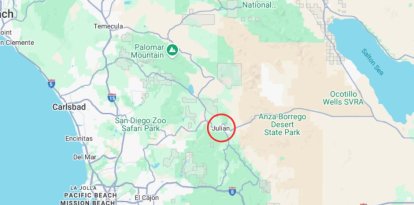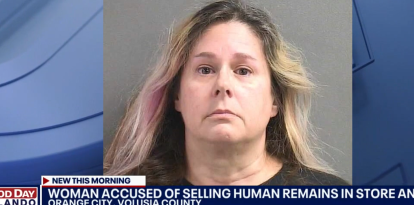Former Harvard Medical School morgue director accused of stealing brains and skulls
Federal authorities arrested Cedric Logue for allegedly leading an interstate organ trafficking ring.

Harvard Medical School / Unsplash
Federal authorities arrested former Harvard Medical School (HMS) morgue director Cedric Logue after allegedly stealing human organs intended for an educational purposes. The U.S. Attorney's Office for the Middle District of Pennsylvania charged him with taking the brains, skin and bones of people to his residence and then selling them.
In a statement, Harvard Medical School confirmed the indictment and arrest of Logue, who is allegedly the leader of an organ trafficking ring along with his wife and three other people who have also been brought to justice. "On Wednesday, June 14, the U.S. Attorney’s Office for the Middle District of Pennsylvania announced the indictment and arrest of Cedric Lodge for the unlawful interstate transport of stolen human remains from 'in or about 2018 through on or about August 16, 2022.' ... Lodge was indicted along with other individuals not affiliated with Harvard," the prestigious university said.
Lodge was a Harvard employee until May 6, when the university decided to fire him after learning of his alleged criminal acts.
"We are appalled to learn that something so disturbing could happen on our campus — a community dedicated to healing and serving others. The reported incidents are a betrayal of HMS and, most importantly, each of the individuals who altruistically chose to will their bodies to HMS through the Anatomical Gift Program to advance medical education and research," Harvard explained in its statement. "We are so very sorry for the pain this news will cause for our anatomical donors’ families and loved ones, and HMS pledges to engage with them during this deeply distressing time."
In addition to assisting in the case with the federal authorities, the university offered the families of those affected different means of contact to collaborate with them.
RECOMMENDATION





















